Over 560 companies with a combined revenue of over US$ 4 trillion are responding to a call from the new Business for Nature coalition to call for governments to adopt policies to reverse nature loss this decade. The companies include the tech giant Tencent as well as the major food chain player Walmart, fast fashion brand H&M, agribusiness multinational Olam, and the consumer goods group Unilever.

So what?
The call to action takes the form of five high-level policy recommendations including adopting global targets to reverse nature loss, making nature part of mainstream government policy, and reforming subsidies and incentives to reward positive action on nature.
The Business for Nature coalition emphasises the potential economic benefits of regenerative policies, from the creation of millions of jobs through a shift to sustainable agriculture in the developing world and low-carbon energy systems, and ecosystem services worth at least US$ 125 trillion/year globally (BSDC, The New Climate Economy, WWF).
The initial press release for the call to action, which was launched at Davos in January 2020, cites the World Economic Forum’s Nature Risk Report in claiming that around US$ 44 trillion of global economic value generation is moderately or highly dependent on nature. (That’s 11 times the value of the companies that have signed up so far.)
The impact of the call to action will depend on both the ability of the international coalition to influence governments locally, and how rapidly these five broad policy recommendations can be supported to become specific, measurable, actionable policy changes on the ground.
Without companies’ commitment to see it through with sustained, targeted advocacy at the national level, it risks remaining a PR exercise for the companies involved.




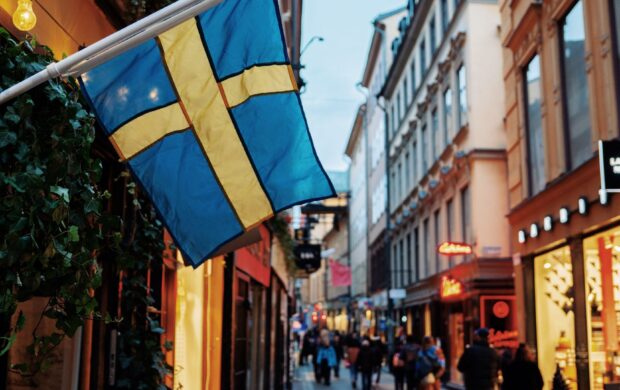
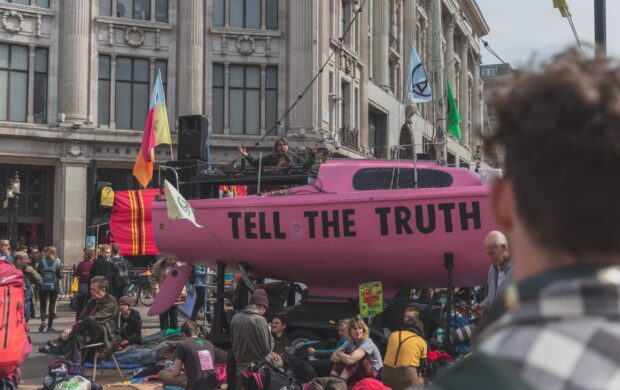
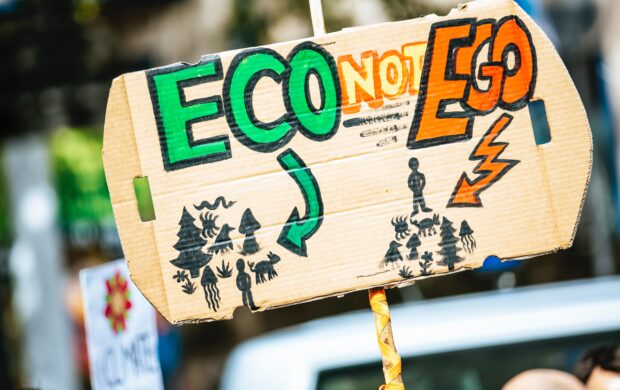








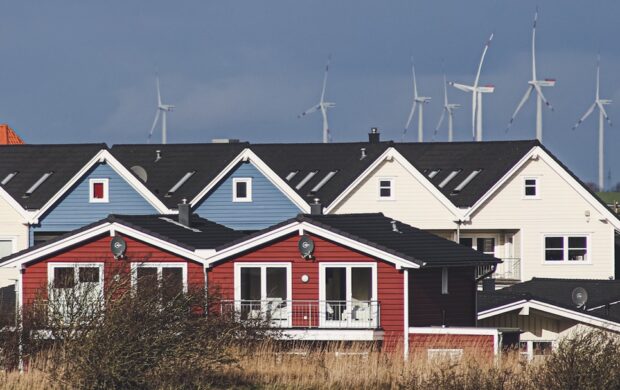





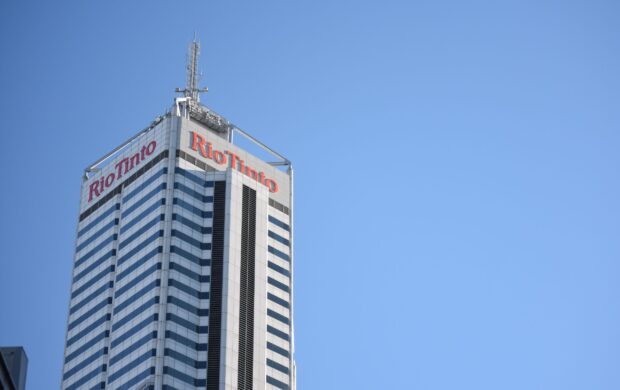

Join discussion